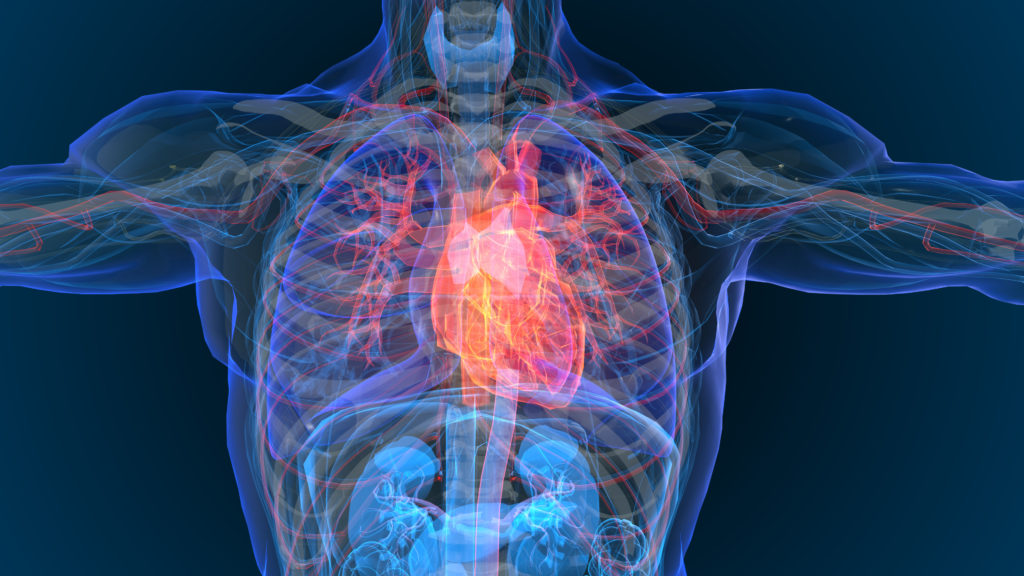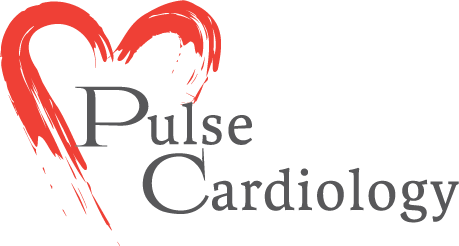What is Cardiac Ablation and It’s Risks
What is Cardiac Ablation
Cardiac Ablation is a surgical procedure that is performed on patients that are diagnosed with Heart Arrhythmia. Ablation destroys or scars targeted heart tissues of the patient that triggers abnormal heartbeats.
During the procedure, the doctor would use one or several flexible, long catheters (or tubes) and insert the same through an artery or vein present in your groin. The catheters will then be threaded towards the direction of your heart.
Risks Involved with Cardiac Ablation
Cardiac ablation does come with certain risks. They are as follows:
- The site on which the catheter is inserted may or may not get infected. Your doctor would prescribe you certain medications to keep infections at bay. Please take those on time and with due diligence. Furthermore, the site may or may not bleed. This is normal but if the bleeding goes on profusely, you should get in touch with your doctor right away!
- The catheter may or may not damage your blood vessels as it makes its way to the target site of your heart.
- The catheter may or may not puncture the membrane of your heart.
- The catheter may or may not damage the valves of your heart.
- The catheter could worsen your arrhythmia and to bounce back from this, your doctor may need to place a pacemaker on your heart.
- You may or may not suffer side effects like venous thromboembolism – or in simple words formation of blood clots in your lungs/legs.
- You may or may not undergo a stroke or suffer a heart attack.
- You may or may not come down with pulmonary vein stenosis – in simple words, the veins between your heart and lungs may or may not constrict.
- Your kidney may or may not get damaged from the dye that your doctor will be using during the procedure.

It is best to keep in mind that Cardiac Ablation comes with its fair share of risks. You should have a detailed discussion with your doctor and let the medical professional determine whether it is the right treatment for you.
Important Tips After Procedure
You would need to keep in mind that controlling your blood pressure is of utmost importance after you have had this procedure. To do that, keep the following things in mind:
- You would need to steer clear of using table salt. While preparing meals, use less salt as well. In this way, you will be able to control your BP seamlessly.
- Lead an active life – go for walks, jogs, Pilates, yoga or some light workout sessions at the gym.
- Please avoid taking puffs from your favorite cancer stick a.k.a. cigarettes/cigars.
- It is best that you steer clear from alcohol.
- Make changes in your diet plan. Include lots of fruits, salads, vegetables and lean meat in your diet. Avoid eating red meat.
It is best to keep in mind that Cardiac Ablation can be done again but this largely depends on your condition. You will need to consult your doctor for a detailed diagnosis.
